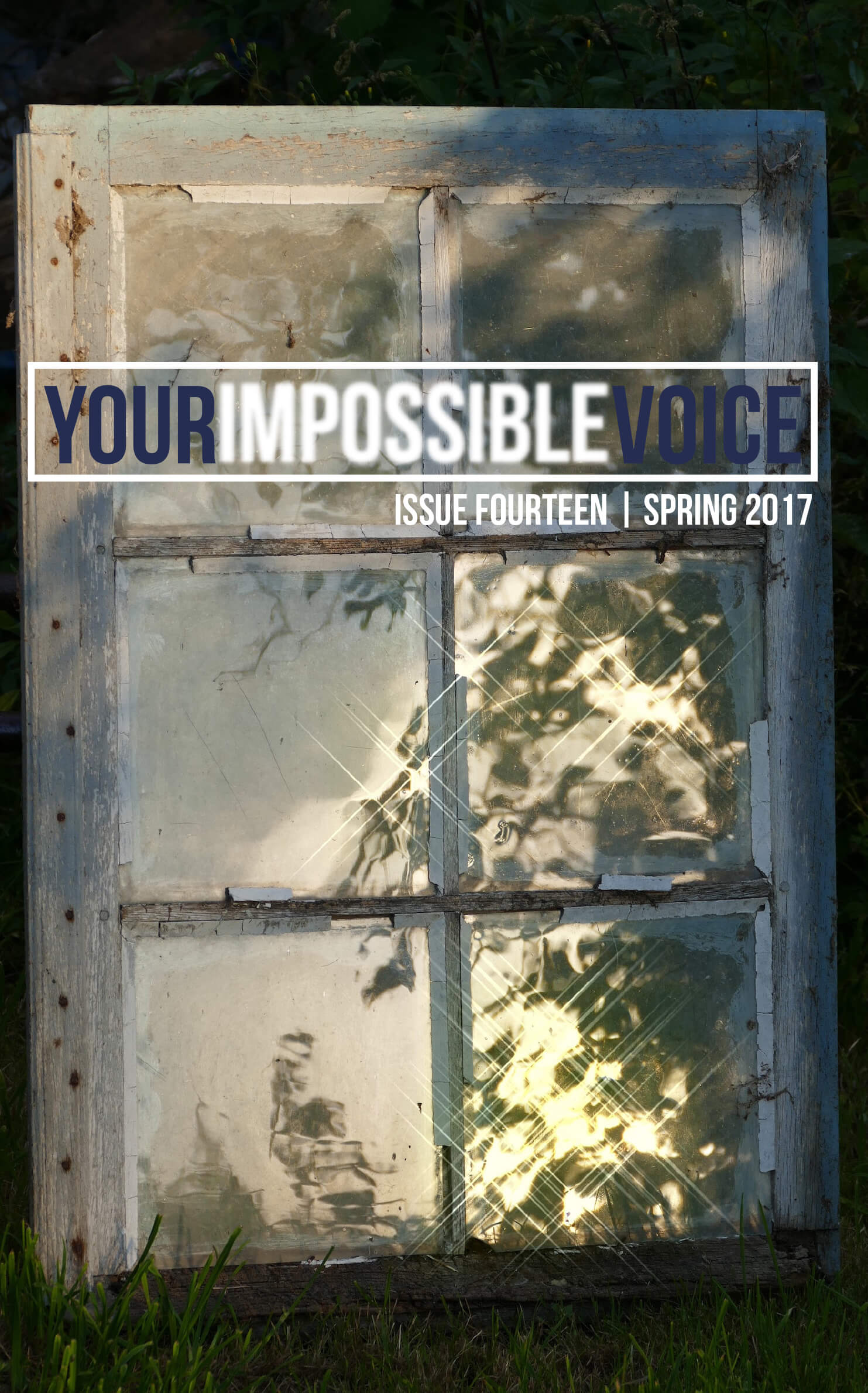Kirin Khan
Everyone knew the baby would be a boy. Mahjabin’s belly hung low, and she ate lots of meat, and her rear swelled upwards, these telltale signs.
When the England-educated doctor came to the village, months late due to a longer-than-usual rainy season, he had Naz, a house servant who occasionally acted as a midwife in her own village, touch the pregnant woman’s stomach as he faced the wall. He could not look at another man’s wife, certainly not one from such a respectable family.
He asked Naz questions in Urdu.
Naz asked Mahjabin in Pashto.
Mahjabin answered in Pashto.
Naz answered in Urdu. Mahjabin of course understood Urdu but would not speak directly to this man, and since the doctor did not understand Pashto, it gave the women an opportunity to say things meant for their ears alone.
“I was hoping for a handsome doctor, not a bearded old chelay,” Mahjabin whispered.
“With enough money, even goats are handsome,” replied Naz.
Naz pressed the taut skin, teased the baby.
No kicks.
A suspended stillness.
She put her ear to the belly and heard only harrowing silence. “Stillborn,” the doctor said, shaking his head sadly. To lose your first son, so sad. So tragic. To bring a child from the earth and have to give him back. And the parents from such good families, too.
Naz mumbled a translation. Mahjabin took two deep breaths and decided not to believe it.
When she went into labor in the midst of a heavy downpour, her in-laws didn’t bother calling the doctor back. The servants would certainly suffice for a dead baby.
While she sweated and pressed, her husband’s sisters dug a small muddy grave in the family plot, wandering back in the dark ever so often to bail out the rainwater that quickly flooded it. For a baby born without ever breathing air, there is no kafan, no white sheet to wrap the body. No grave markers. Simply “zamakkey ta spaaral.” A child given to the earth for safekeeping, to be cradled until the Day of Judgment.
But this was the first baby, Mahjabin the first of them to have a child, and while she refused to accept it, the three younger sisters cried quietly and busied themselves in making a small clay marker. It was too much, to put the boy back in the earth without any icon to say, “Here, once, there was a hope of breath.” The girls placed the mud square the size of their palms on the veranda where it might dry protected from the rain, and they inscribed “1955 زوی.”
Then they waited, fingering tasbih—SubhanAllah, SubhanAllah—to fill the silence, to feel like they were doing something. Over the clicking beads, they listened to the deluge, and underneath the rainclatter, Mahjabin’s groans and cries.
Deep in the midnight blue-black, in the thick and undulating air itself distended belly-tight, cracking into downpour and thunder, illuminated by claps of lightning, spearing through the entire village, the first cry: foreign and animal-wild.
It wasn’t until he was named after the power of the storm, a masculine power to overflow, overwhelm and destroy, a male heir like a cataclysm, the word rising in Mahjabin’s throat
like floodwater—
“Tofan! Za ma zwe, Tofan!”—
it wasn’t until after his name was shouted out in tears of joy and exhaustion, after the screaming and ululation and laughter and crying and shouting, after the maids stepped out to tell the sisters, and the sisters went to tell the brother now father, and his father now grandfather, after the son’s name was written in The Book and on papers, only then, only then, as Mahjabin rested sweaty and shivering, hot and cold at the same time, wet hair lacquered to her face, only then did she notice the mashoom in her arms, her firstborn, was a girl.
Kirin Khan is a Pukhtuna writer from Albuquerque, NM, whose work explores immigration, violence, and belonging. She currently lives in Oakland, CA, and works as a Senior Analyst for YouGov. Kirin is a 2016 VONA Voices alum, a 2017 PEN Center USA Emerging Voices Fellow, and an upcoming 2017 Grotto Fellow. Her work has appeared in many publications, including Uproot, sPARKLE & bLINK, and 7×7.LA. Kirin is currently working on her first novel.
Issue 14 | Spring 2017
There Are No More Secrets On Planet Earth
A Woman Writes the Unicorn Butterfly
While waiting for the hardscaper’s estimate
Last Summer I Had Sex With A Hair Stylist Named Lori Once or Twice A Week
II. Mephistopheles’ Complaint (78)
IV. A “Counter-Wish” Dream (151)
Real People and Some Cartoons Too

